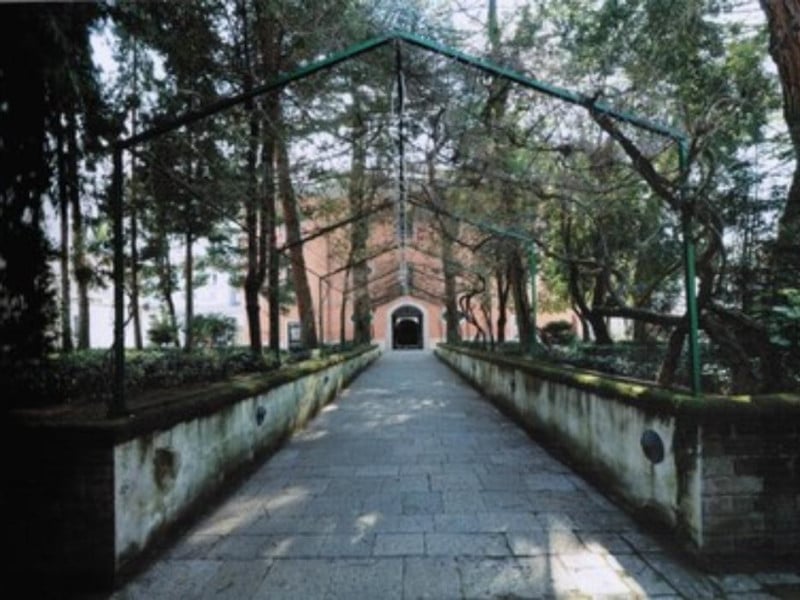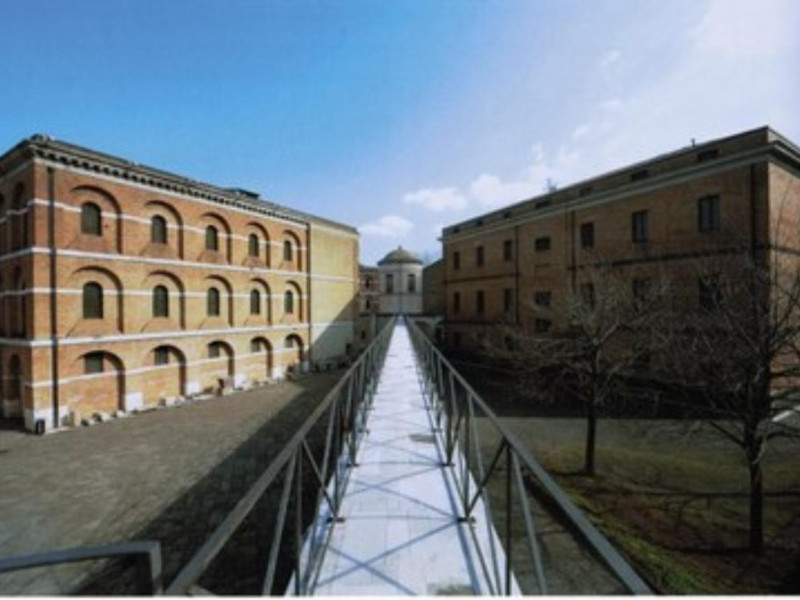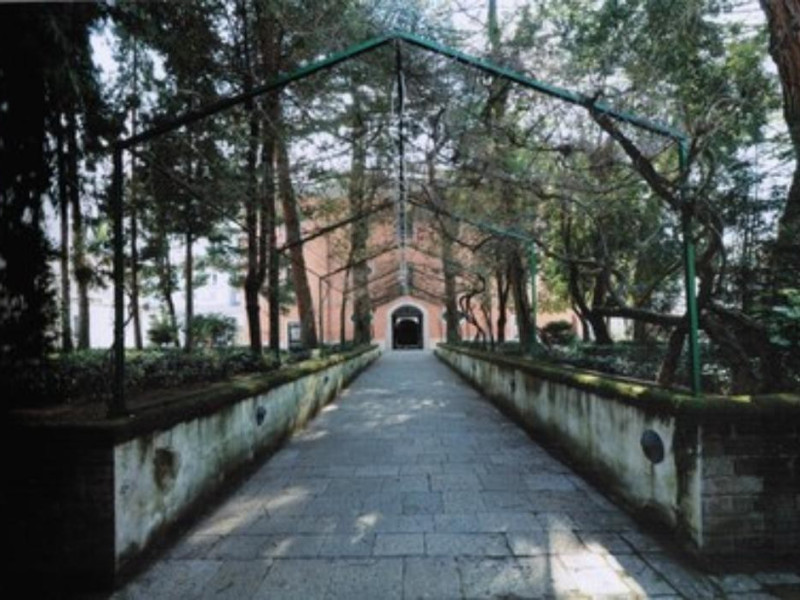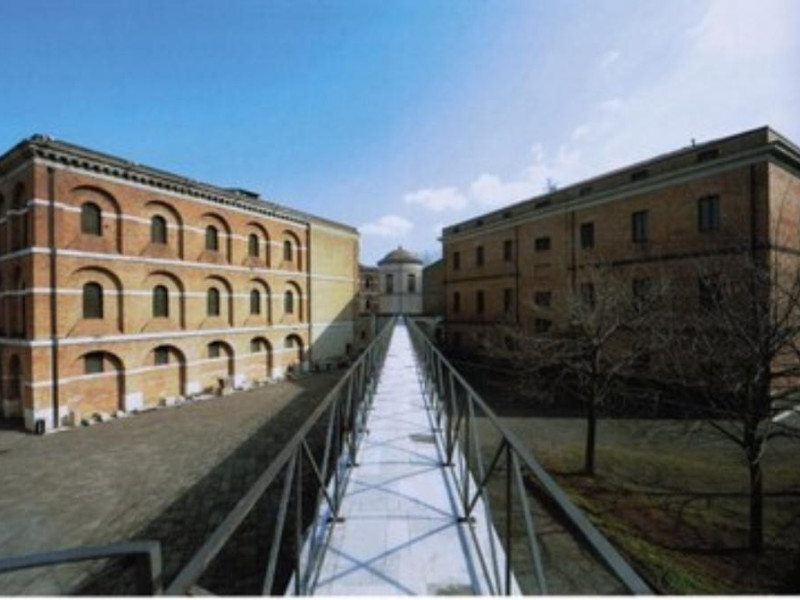Archivio di Stato di Avellino
The State Archive of Avellino was established in execution of the law November 12, 1818 (Collection Two Sicilies kingdom, 1818, No. 1379), but in fact he began to work with the first payments only in 1820. The Distrect of Avellino embraced until the unification of Italy almost all the current provinces of Benevento and Foggia: which is why it can find in Archive documents that refer to locations currently included in these provinces. The archives stored here do not exhaust the course documentation to Avellino and other locations of the province: it will be necessary to look in particular in the funds kept at the State Archives of Naples. The headquarters of the Archive is located, from August 2007, in the monumental complex of the former "Bourbon Prison", designed by Giuliano De Fazio and completed after the unification of Italy. The store occupies the pavilion for the detention of women, built in 1832 and affected by laborious and complex restoration work. The State Archive of Avellino retains approximately 65.000 envelopes covering a period from 1423 to 1960. The documentary material is divided by historical periods: Ancient regimes, from 1423 to 1814; Napoleonic Period, 1806 - 1814; Bourbon Restoration, 1815 - 1860; Unification of Italy, 1861 - 1944; Republic in 1945 - 1960. The funds preserved: Royal Audience Provincial Montefusco, Grand Criminal Court, Municipalities, Superintendency of PU and Prefecture, Courts and Tribunals, Military District of Avellino, Marital Status, religious corporations, Archives of families and persons. Important for the economic history of the distrect are the Catasti, the Acts of Commons public domain and the documents of the Royal Economic Society. Of some importance are the scrolls concerning religious institutions suppressed (1423-1882) and a miscellany of scrolls (1454-1757) consists of bubbles and ecclesiastical privileges dating back to the Aragonese period and at the time of the Spanish viceroy. One of more funds is certainly the notarial archive 1494 - 1899, a source of great interest in the study of social phenomena. Archivists prepared by the State, there are guides, directories, lists, inventories and analytical summaries, indices, summaries, transcripts and computer data bank.




